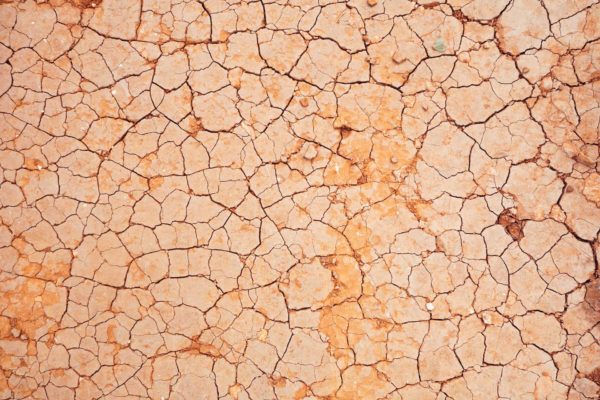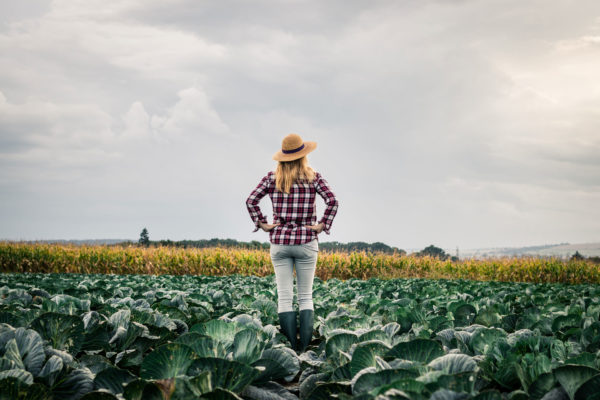Food Certifications To Know For Ethical Dining
By
2 years ago
A guide to food labels
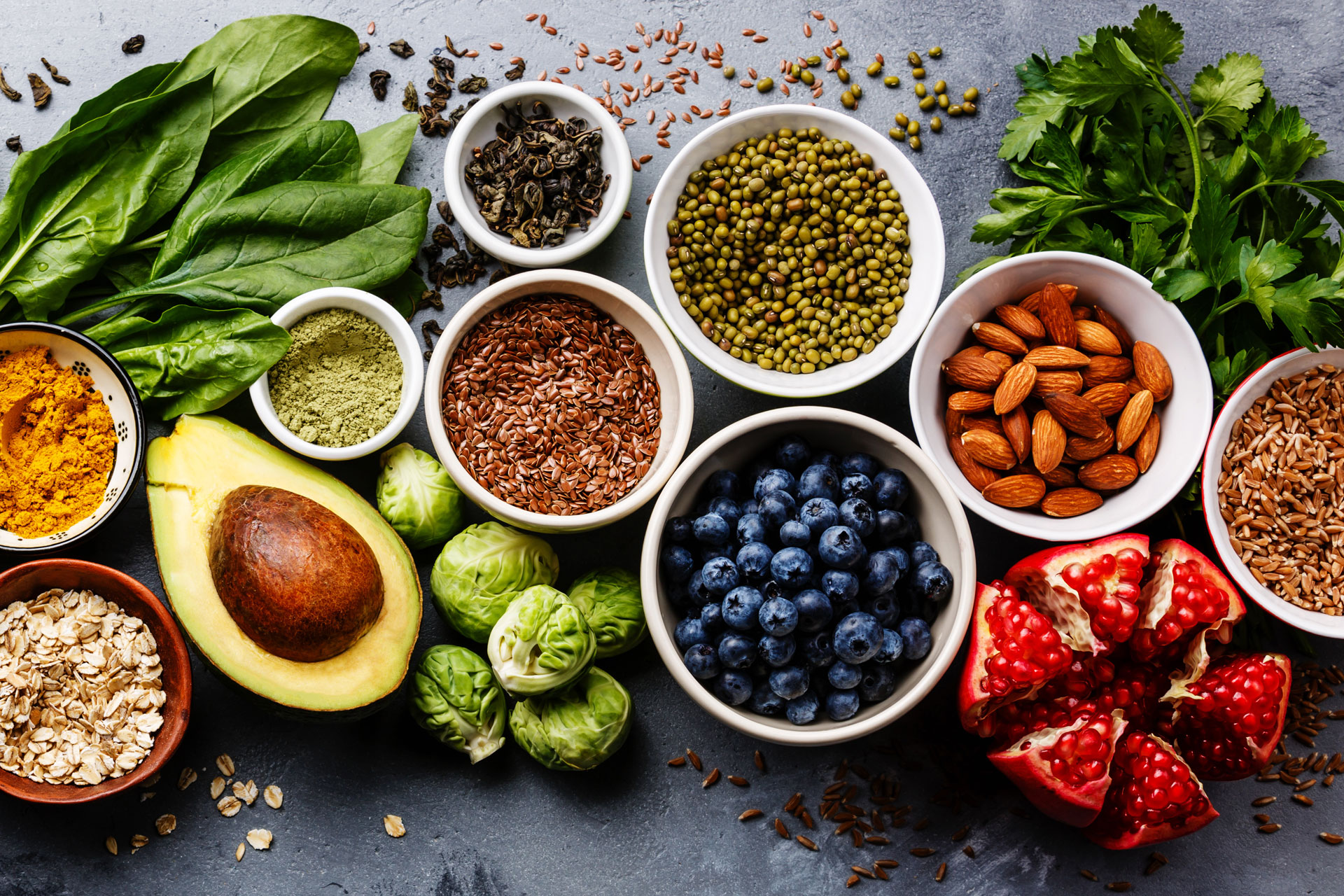
The world of ethical dining can be confusing. How can we be sure a product is vegan? What does organic really mean? How do we know if fish has been sustainably farmed? Thankfully, there are a growing number of food certifications designed to help establish which farms and brands are doing things right – as outlined by official standards. Below we highlight some of the key labels to look out for.
Food Certifications To Know For Ethical Dining
B Corp
From Pip & Nut to Dash Water, nowadays we’re seeing more and more food and drink brands acquiring B Corp certification. This is rigorous process which highlights companies who meet the highest standards for social and environmental performance. To achieve certification, a business must answer 300 questions spanning labour, environmental impact, ethics and governance, and social initiatives. Then, B Lab (B Corp’s non-profit offshoot), will assess and give the brand a score out of 200. Brands who achieve 80 or above will gain B Corp certification – but it doesn’t stop there. Every year a B Corp business must report to an external third party to show consistent progress towards its social and environmental goals. bcorporation.net
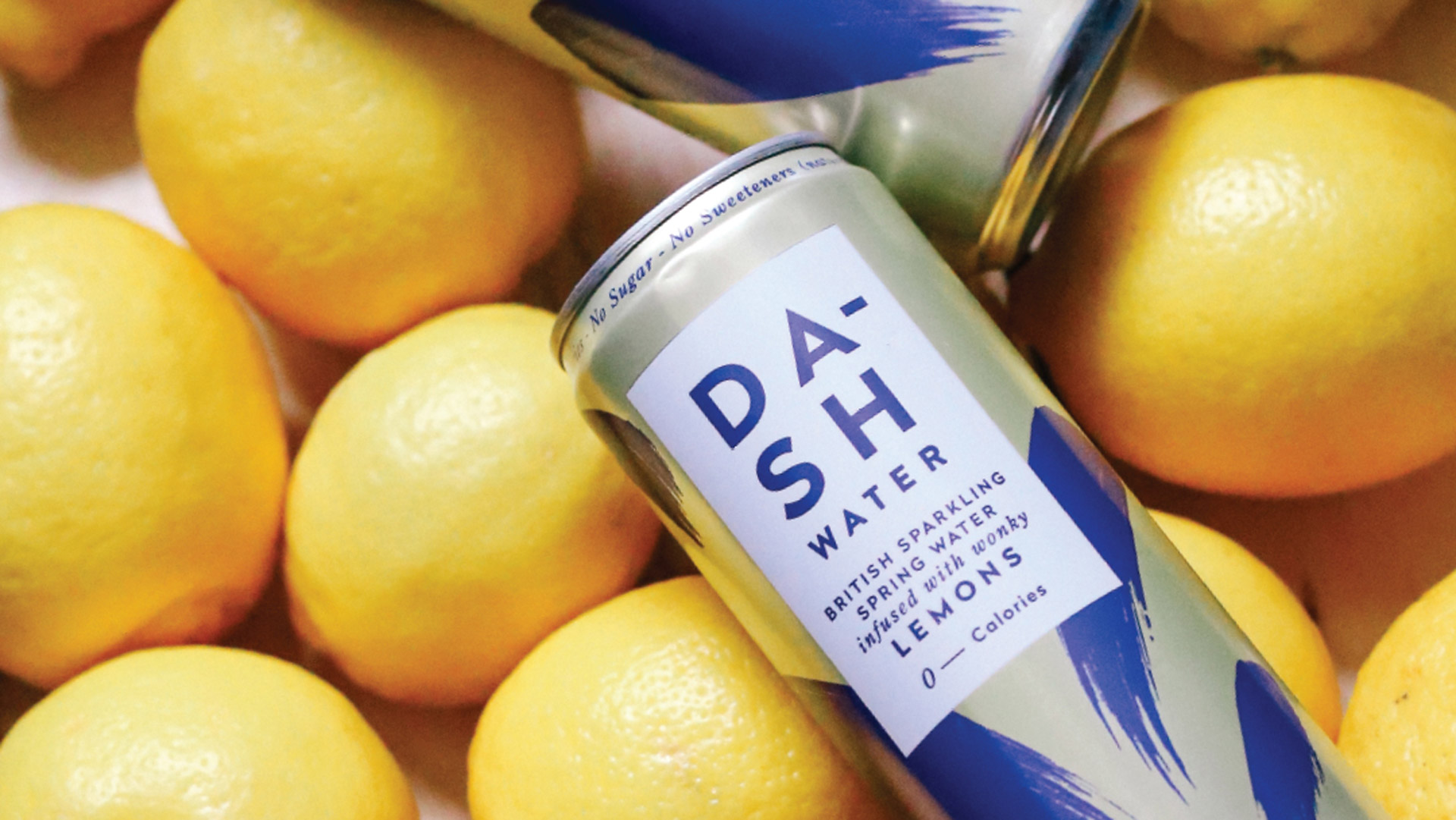
Soil Association Organic
Many of us opt to buy organic products because we think it’s a good thing to do – but what does the term actually mean? For a food product to be sold as ‘organic’, it must meet certain legal requirements, be registered with an approved control body, and undergo inspections at least annually. The Soil Association is one of these bodies. It ensures farms and companies are meeting official organic standards, such as maintaining high animal welfare standards and not using artificial colours or preservatives. But the Soil Association goes further, adding its own requirements including a ban on pig and poultry mutilations such as feather clipping and beak tipping. soilassociation.org
RSPCA Assured
This is the RSPCA’s farm animal welfare assurance scheme. If you see this label on a product, it means the farm, hatchery, haulier and abattoir were assessed and confirmed to have met the RSPCA’s welfare standards. This includes ensuring animals have space so they can move around freely, prohibiting the use of farrowing crates, and supplying animals with an appropriate amount of species-specific enrichment. rspcaassured.co.uk
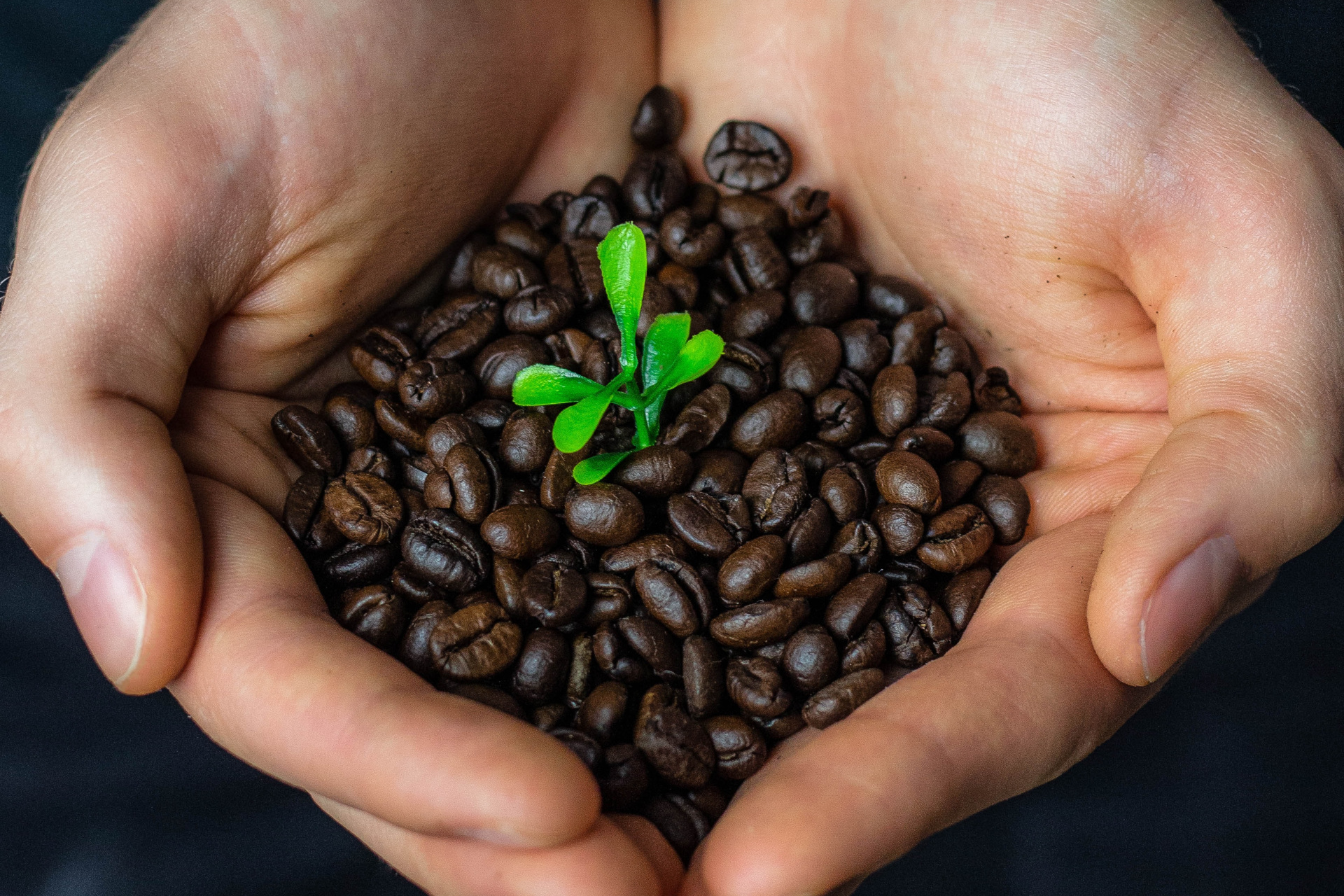
(c) Niclas Illg, Unsplash
Fairtrade
Fairtrade works by setting economic and environmental standards for both the producers cultivating the products and for the businesses selling them. For producers, this includes good working conditions and a ban on child labour. On the environmental side, farmers are encouraged to move towards organic farming, plus they must continually monitor the impact they’re having on the planet and implement ways to improve it. Companies, meanwhile, must pay the Fairtrade Minimum Price, which can never fall below market level. Alongside this, there’s an additional Fairtrade Premium: an extra sum of money paid on top of the selling price, which farming co-operatives can invest in business or community projects of their choice. fairtrade.org.uk
Marine Stewardship Council (MSC)
For over 20 years, The Marine Stewardship Council has been working with seafood companies, fisheries and scientists to stop overfishing. The MSC Fisheries Standard is used to assess whether a fishery is well-managed – and if it is successfully certified, its catch can be sold with a blue MSC label. The body’s core principles include ensuring enough fish are left in the ocean, minimising the environmental impact by carefully managing fishing activity, and ensuring fisheries are well-managed and comply with relevant laws. msc.org
Aquaculture Stewardship Council (ASC)
Founded in 2010, the Aquaculture Stewardship Council was created to provide a certification programme for the aquaculture industry. A direct offshoot from the Marine Stewardship Council (MSC), it aims to promote industry best practice to minimise the social and environmental footprint of commercial aquaculture. That means certified farms must show that ‘they actively minimise their impact on the surrounding natural environment’ and operate in a ‘socially responsible manner, caring for their employees and working with the local community’. The current standards cover 17 species groups, including salmon, seabass, shrimp and tropical marine fish. asc-aqua.org
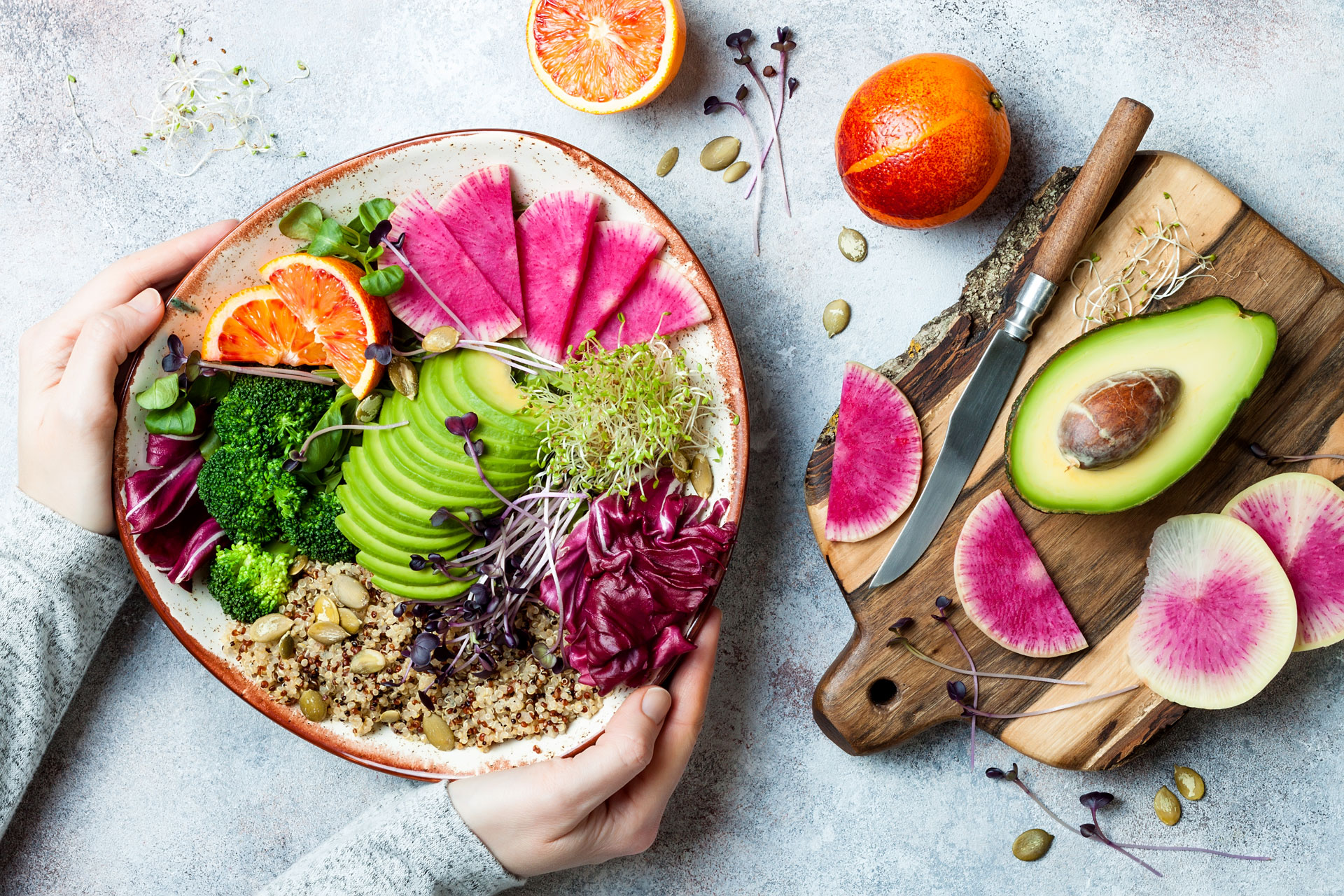
Getty Images
Vegan
Managed by The Vegan Society, The Vegan Trademark is the international vegan certification for food, drink, cosmetics, clothing, household items and more. A special team check each product application against a set of criteria, ensuring a product hasn’t been developed or manufactured using any sort of animals, and that animal testing has not been involved. In the food world, certification also means it has been prepared separately from non-vegan dishes. vegansociety.com
Roundtable on Sustainable Palm Oil (RSPO)
Palm oil is an edible vegetable oil that comes from the fruit of oil palm trees. Despite being used in a large number of products, it’s a huge driver of deforestation, as forests are burned to clear areas where people can grow oil palms. The Roundtable on Sustainable Palm Oil (RSPO) is a not-for-profit that aims to minimise the negative impact of palm oil cultivation, working with all links along the supply chain. Standards include a commitment to transparency, compliance with applicable laws and regulations, and use of appropriate best practices by growers and millers. rspo.org
Red Tractor
Founded in 2000, Red Tractor is the UK’s largest food and farming scheme, working to ensure high food standards across all sectors. If you spot the Red Tractor logo on a product, it means it has been produced, transported, stored and packed to Red Tractor standards and licensing rules. There are different standards across each sector: cows, for instance, must all have their own UK passport to ensure full supply chain traceability. For fruit and vegetables, meanwhile, farmers must minimise any adverse impact the farm has on wildlife, flora, fauna and the environment. redtractor.org.uk





